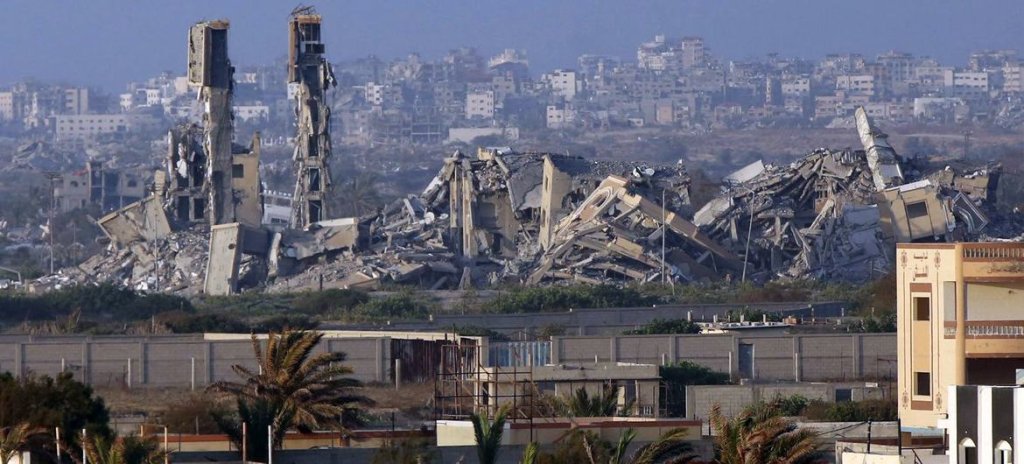The network of organizations coordinated efforts to support refugee, displaced and at-risk scientists through advocacy.
The work continues through the ISC project Science in times of crisis.
More people are forcibly displaced now than at any other time in recorded history. Driven by conflict, persecution, political uncertainty, the effects of climate change and environmental degradation, the number of people forced to flee their homes will likely continue to increase.
Forced migration affects scientists working in some of the world’s least well-funded science systems, as well as in countries like Iraq, Syria and Ukraine, whose strong science systems have been dramatically affected by conflict.
Science in Exile is a global platform mobilizing displaced scientists and the scientific community to support scientists re-establishing their work in new countries, and to preserve and encourage future development in regions affected by conflict and other crises.
Science in Exile is a collaborative effort by the ISC, The World Academy of Sciences for the advancement of science in developing countries and the InterAcademy Partnership. Science in Exile was supported by the Swedish International Cooperation and Development Agency.
The Science in Exile network provides the foundation for a coordinated response when scientists are forcibly displaced.
The network supports the creation of opportunities to enhance the work and lives of refugee, displaced and at-risk scholars. This allows trained professionals to stay up-to-date in their field and maintain meaningful careers, and to help rebuild their countries when conditions allow, while also providing opportunities to contribute valuable expertise to their host countries and global science.
The ISC continues the Science in Exile work through its succeeding project Science in times of crisis.
 blog
blog
 blog
blog
 blog
blog
 publications
publications